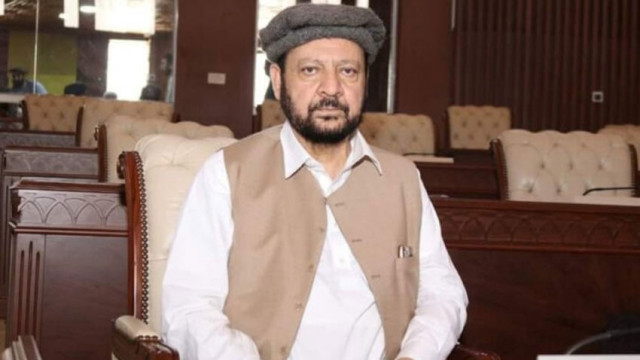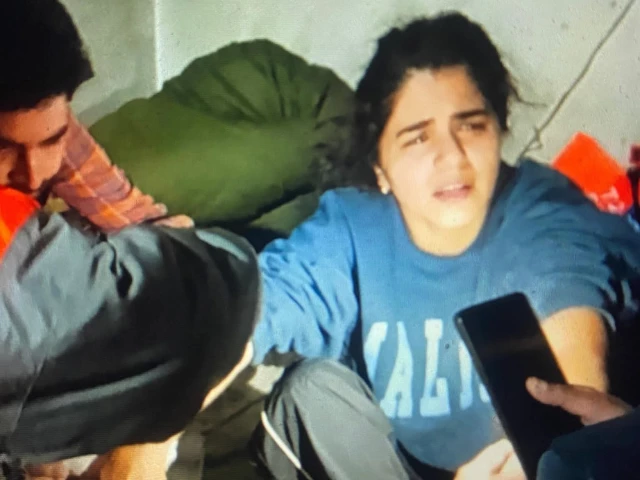Internal Strife in PTI: The Expulsion of Gulbar Khan and Others
Recently, a significant shake-up has rocked the Pakistan Tehreek-e-Insaf (PTI) party, particularly in Gilgit-Baltistan. The party has expelled Chief Minister Gulbar Khan along with 11 other lawmakers for allegedly forming a forward bloc and opposing party directives in the regional assembly. This development, officially announced on September 5, was triggered by what the party described as "clear violations of party policy." The decision aims to safeguard PTI’s interests and reputation, especially in a region where political loyalty has become increasingly contentious.
Among those expelled are notable figures like Abdul Hameed, Haji Shah Baig, and Mushtaq Ahmad, all stripped of their membership and prohibited from using PTI’s name, flag, or platform. This decisive action by the party’s leadership underscores a growing divide within PTI, especially following the controversial disqualification of Khalid Khurshid Khan, the previous chief minister. His ousting opened the door for a coalition government made up of PTI defectors, along with other major parties like PML-N and PPP, with Gulbar Khan emerging as a compromise candidate for the chief minister’s position.
The recent rift reflects deeper issues within PTI as it grapples with internal conflicts that have escalated since Gulbar’s appointment. These tensions escalated further when the party issued a show-cause notice to former Gilgit-Baltistan governor Raja Jalal Hussain Maqpoon, accusing him of conspiring against party interests. This situation is a classic example of how internal divisions can shape the political landscape, especially in volatile regions.
As political dynamics shift, these events remind us of the importance of stability and unity within political parties. For constituents and followers alike, it’s essential to stay informed and engaged in the unfolding narrative. At Pro21st, we keep a close eye on developments like these, providing updates and insights to foster a better understanding of the political climate. Join us to dive deeper into the conversation and explore how these changes might impact the future of governance in Gilgit-Baltistan and beyond.
At Pro21st, we believe in sharing updates that matter.
Stay connected for more real conversations, fresh insights, and 21st-century perspectives.





